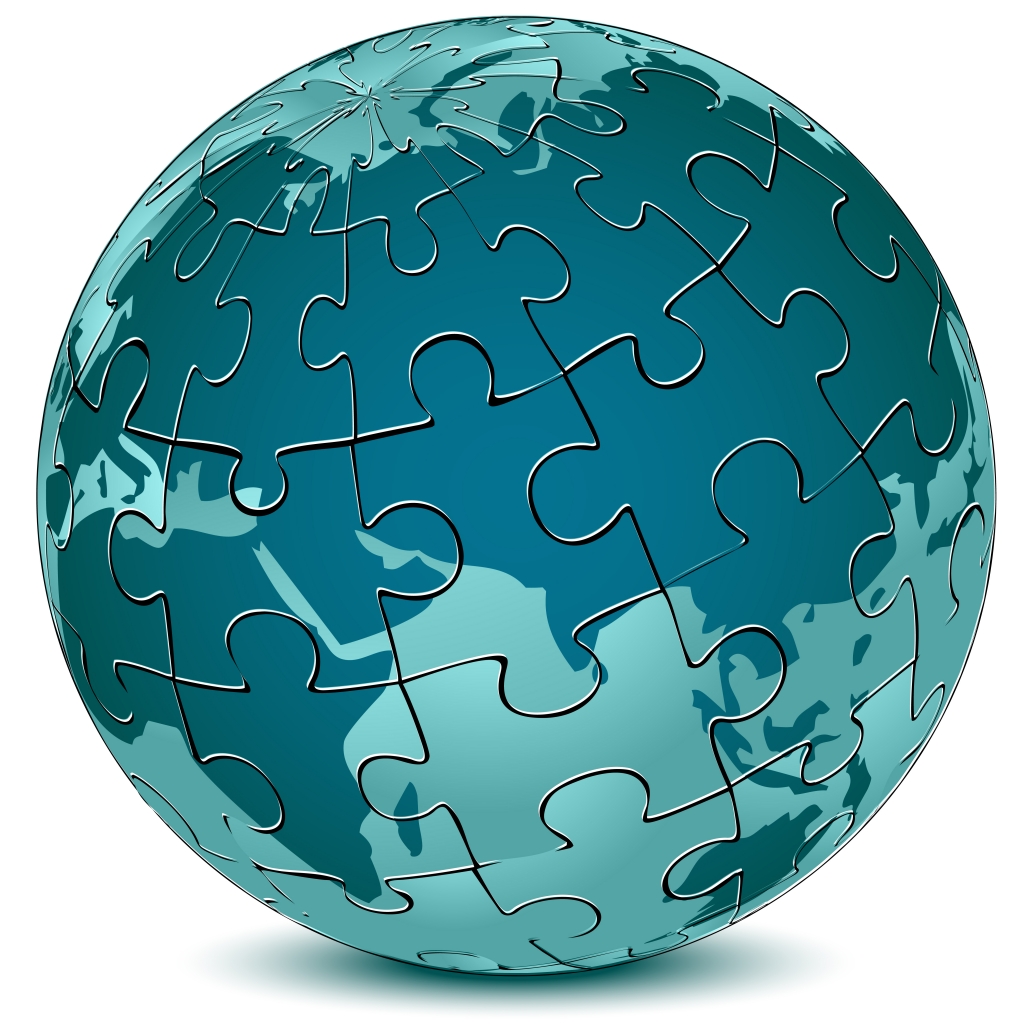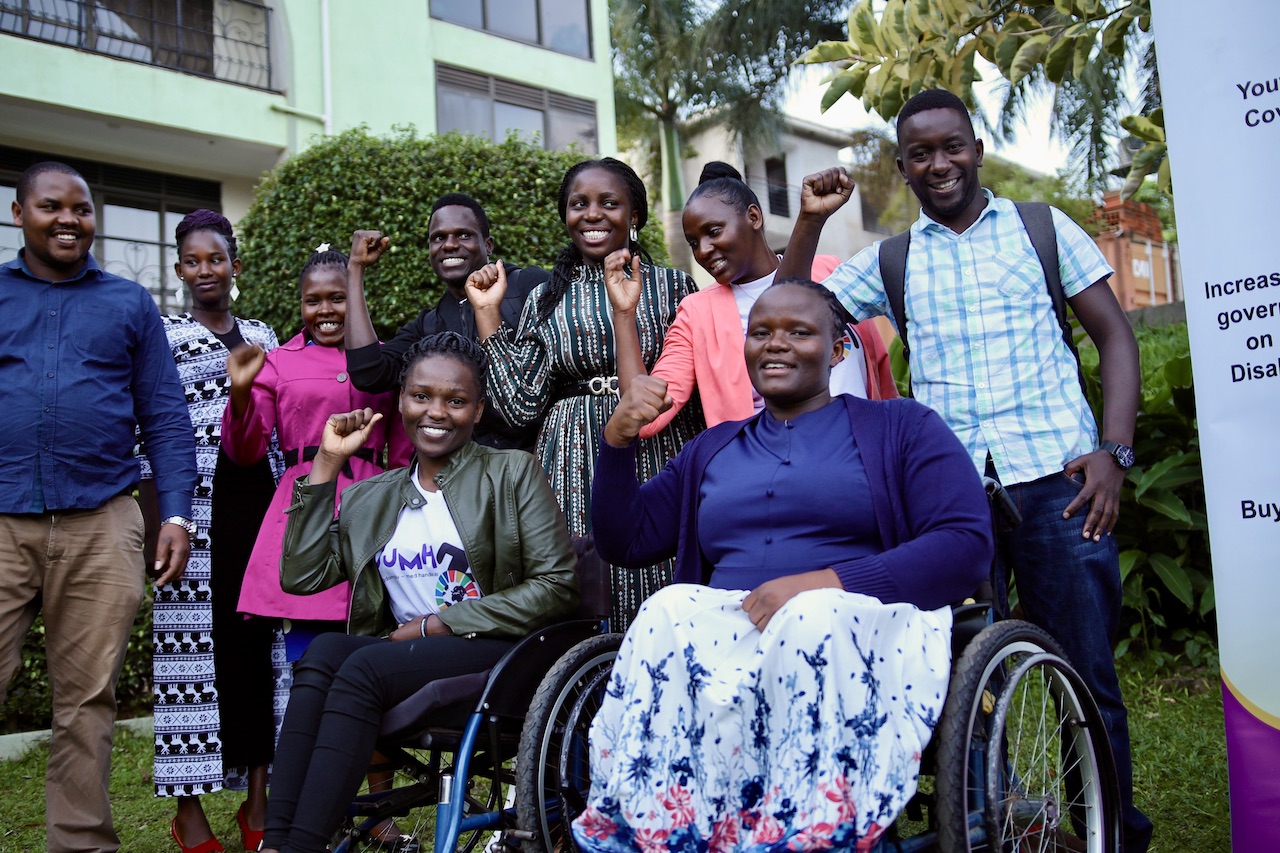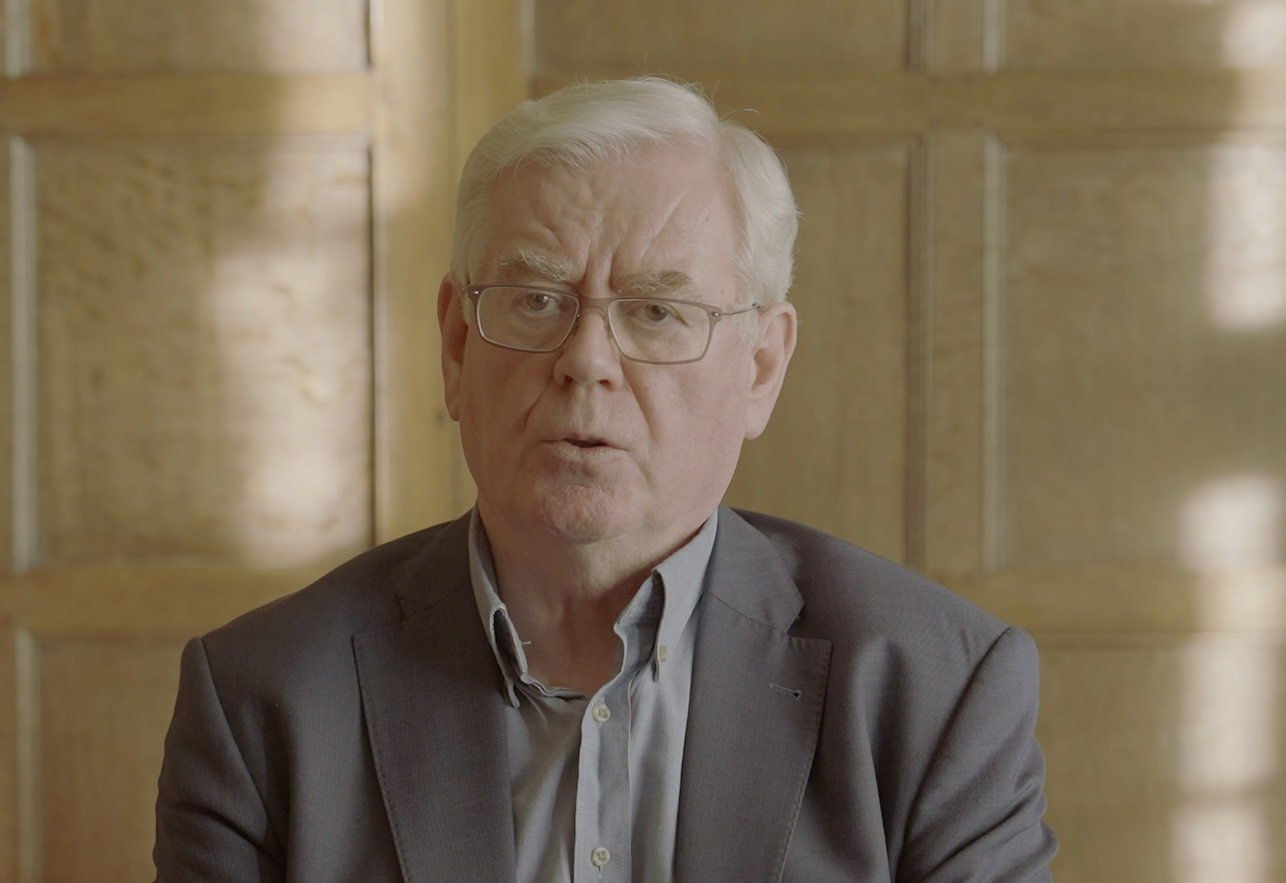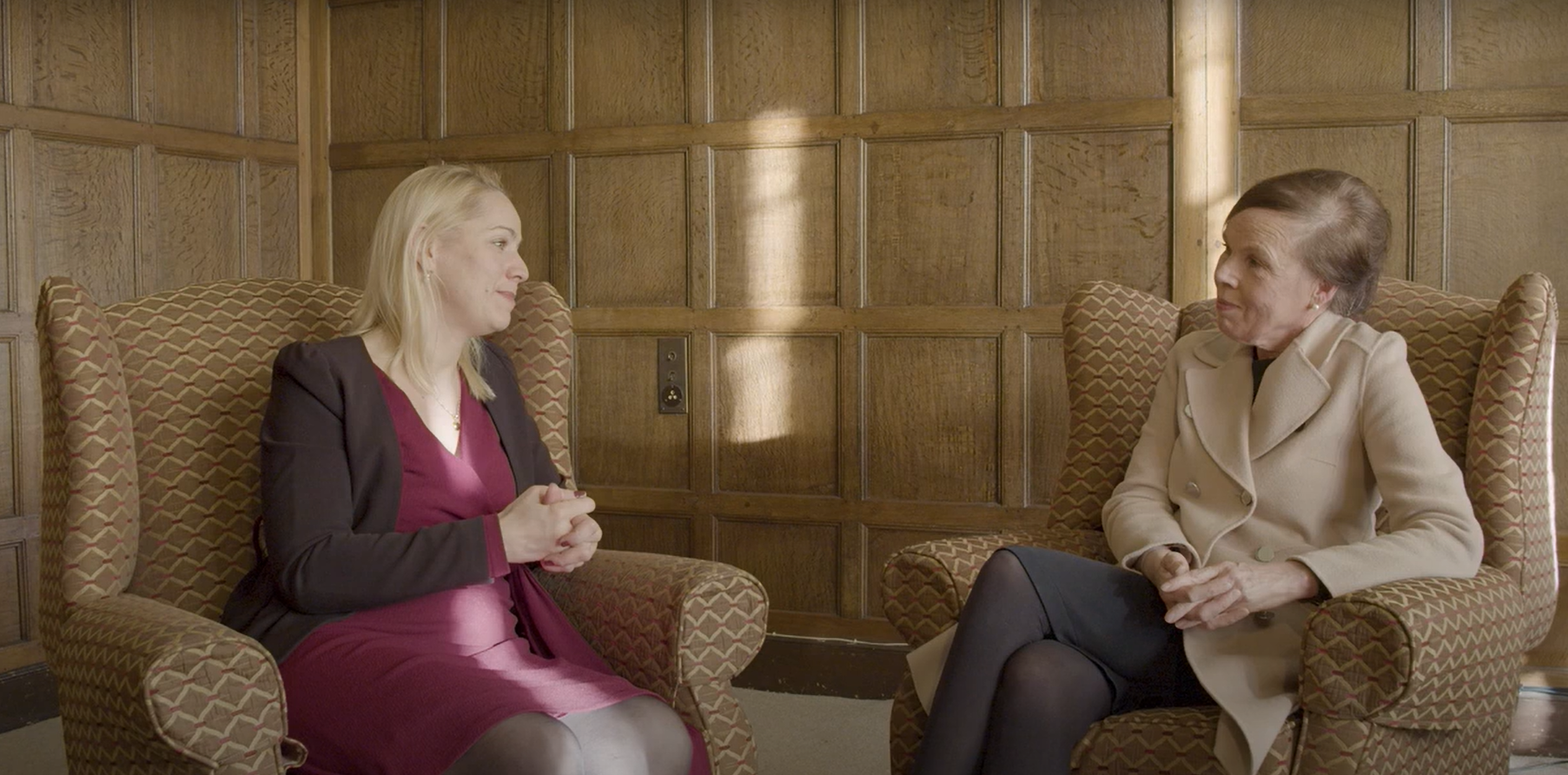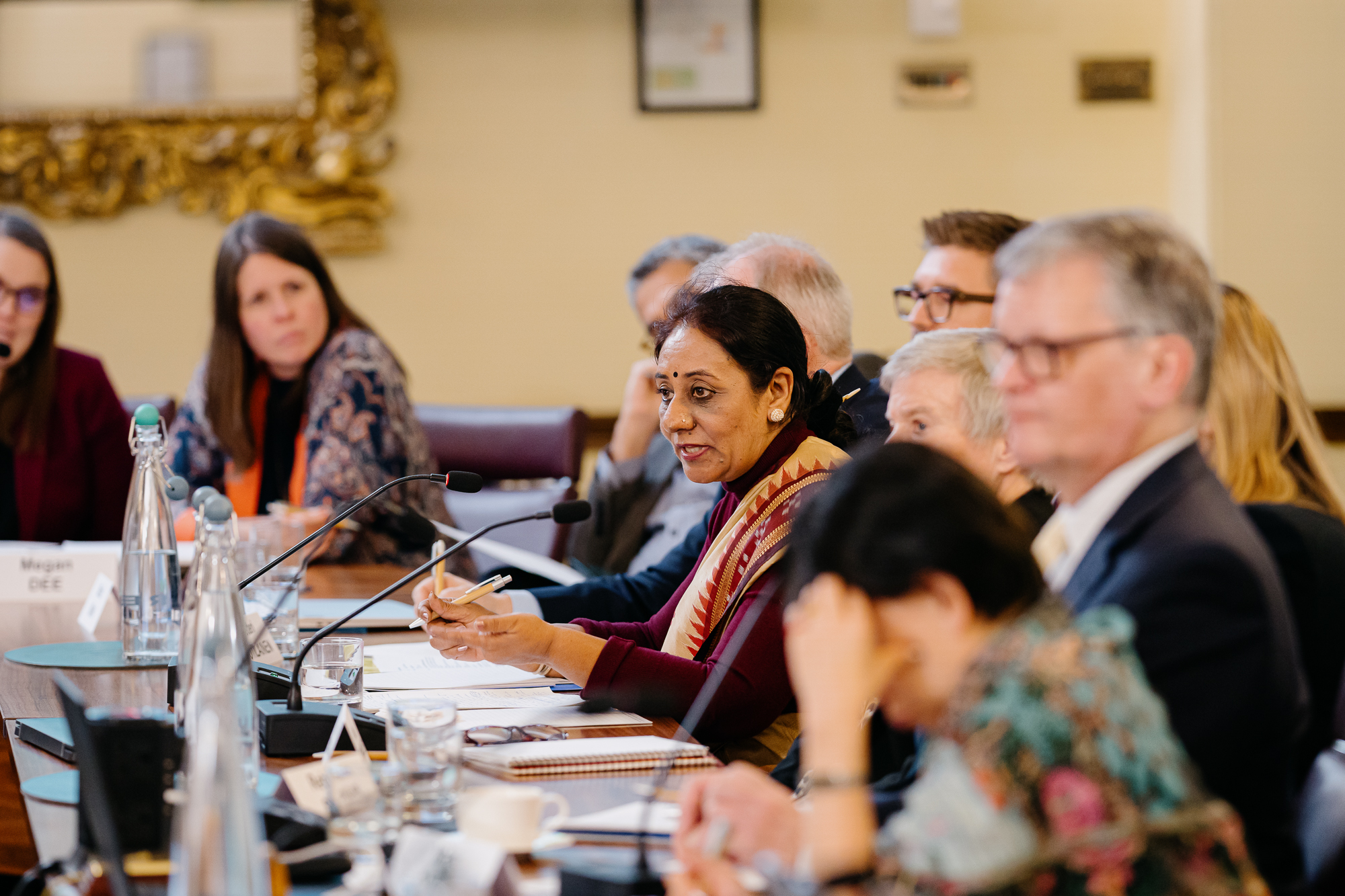As soft power becomes increasingly the core of 21st century diplomacy, the 7th Wilton Park roundtable meeting in the public diplomacy series considered how nations are individually and collectively using soft power to influence and persuade others to support their national and international agendas.
Key points that came out of the meeting were:
- Contemporary debates highlight this as a moment at which the deployment of soft power is at the forefront of policy considerations. Over time, nations inevitably shift between phases of heightened readiness to use coercive force and periods when the methods of attraction are discussed more prominently.
- Power is increasingly fragmented. Many more states are able to exert forms of influence and a range of non-state actors now fulfil key roles in developing and enacting policy. As a result, strategies to leverage soft power need to adapt to this changing environment.
- Ideas and influence flow through networks often independent of government coordination or involvement. This occurs in digital domains but equally is embodied in the familial ties which connect migrant or diaspora communities.
- Technological advancement and the increasing networked nature of influence have created many opportunities for governments seeking to harness and deploy soft power. The ability to recognise and engage with networks of influence across a range of technologically driven platforms is an increasingly important part of soft power in the 21st century.
- Within this changing global environment, existing approaches which have been shown to be effective can be complemented by new approaches which respond to the evolving nature of foreign policy challenges.
- Many of the challenges nations now face are not national, they are international. In these circumstances, traditional models of leveraging soft power to attract and direct the actions of others need to be reviewed with a view to developing strategies which facilitate collaborative approaches to address complex international challenges.
- The increased expectation within policymaking circles that results can be achieved through soft power has resulted in a growing need for practical and measurable approaches through which the soft power resources of a nation can be leveraged to achieve specific policy goals.
- The purpose of leveraging soft power is to advance a country’s strategic interest not to be more ‘liked’ – or indeed scoring a million Facebook ‘likes’.
- Advancing strategic interest through soft power requires a delicate balance. Explicit government direction can undermine the ability of a nation to leverage soft power. Collaborative strategies and facilitating connections can support soft power objectives on those occasions when direction is ineffective.
- While there are ‘new’ elements in the use of soft power, many existing elements continue to be important. For example, authenticity is key; if a nation wants to be thought of in a particular way it must act in a manner which is consistent with that objective.
Further information
Parliament: Soft Power and the UK’s Influence Committee
Conference: Putting the power in soft power?
Conference: Applying soft power: the Brazilian and British perspectives
Blog: Hacking Diplomacy by Juan Luis Manfredi
